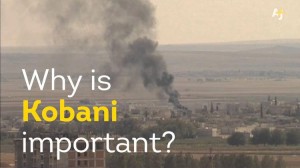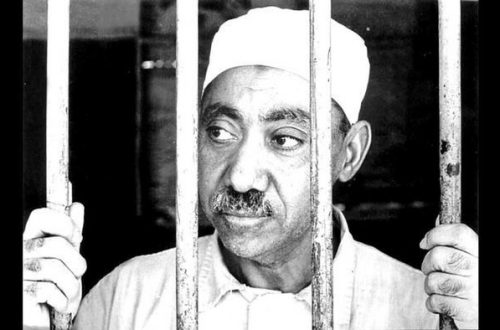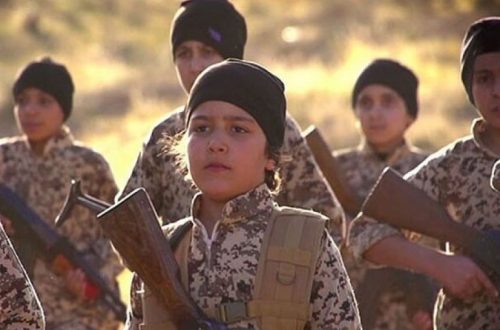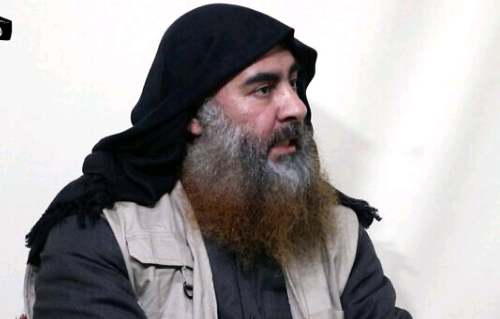This is s cross post by Haras Rafiq of the Quilliam Foundation
Original article can be viewed here
Over the last decade the world has witnessed the emergence of a plethora of Islamist Jihadi organisations with the most recent reincarnation being known as ISIS, Isis, Daesh or Islamic State (IS). The US and UK have taken the lead in forming a coalition that lists more than 60 nations as members, and purports to “degrade and ultimately destroy” the group.
But the bar for appearing on that list is fairly low. While many countries have gone as far as pledging military or humanitarian support, the State Department has said that simply “exposing Isis’ true nature” can qualify a nation for inclusion in the coalition.
On the whole, the Muslim reaction against Isis has been fairly strong in opposition to it – in fact we have even had someone who supports the notion that Jews are the enemies of God and descendants of apes and pigs circulate a video appealing for the release of the late Alan Henning (RIP).
Shockingly, this same person has also justified the killing of apostates and the worldwide implementation of Sharia law. So what exactly is the difference between him and Isis? Could it be that our enemy’s enemy is our friend? Do mainstream Muslims around the world want people like him speaking for us?
During the recent conflict between Israel and Hamas, Muslims around the western world were involved in organising large protests to condemn Israel and to show the rest of the world their dissatisfaction at the death of Gazans. To be fair, there has been a unified response from the overwhelming majority of Muslims in the west.
Campaigns such as the Fatwa by Shaykh Usama Hasan and the videos by clerics such as Abu Muntasir have condemned Isis, and both initiatives have been extremely helpful. Furthermore, the#notinmyname campaign has been good at highlighting to non-Muslims that Isis do not represent us (Muslims) but things tend to be left there.
That’s all well and good, but where are the Muslims who took to the street because of Israel’s attack on Gaza now? Why are they not taking to the streets to support the Kurds, many of whom are Muslims too, when they have been suffering from potential genocides at the hands of Isis in towns such as Kobane?
When innocent Kurds are being beheaded and their heads displayed as ornaments impaled on spikes, or held aloft for maximum terror, why has there not been hundreds of thousands of western Muslims taking to the streets? If they’re taking the lead from organisations such as the National Union of Students who seem to feel that Ukip poses a greater threat to society than Isis by condemning the former and refusing to do condemn the latter, there probably won’t be any such protests.
It is well known that Isis wants to expand its territories so that its flag is raised across the whole world. Its militants have been killing fellow Muslims for years now, and the threat that they pose to the world, while it has only been recognised recently, is clear and present. It can thus be argued that the Kurds are on the front line taking the battle to these monsters not only for their own existence but for the rest of the world, too; Muslims as well as non-Muslims.
We must therefore give those Kurdish fighters all the support that we can muster, not only from a military perspective but moral, too, by letting them know that we are on their side and that we understand that they are fighting for all of us.
Mainstream Muslims must raise their voices and show support for the Kurds but also be careful that the microphone is not hijacked by other Islamist extremists who may wish to cash in on the current climate, which they will invariably attempt to do.
The stakes are too high – now is the chance for moderate Muslims to reclaim their voice.
Haras Rafiq is outreach officer at the Quilliam Foundation, an organisation which exists to challenge extremism, promote pluralism and inspire change.
For more about Haras, go to his Twitter page @harasrafiq or visit the Quilliam website.



